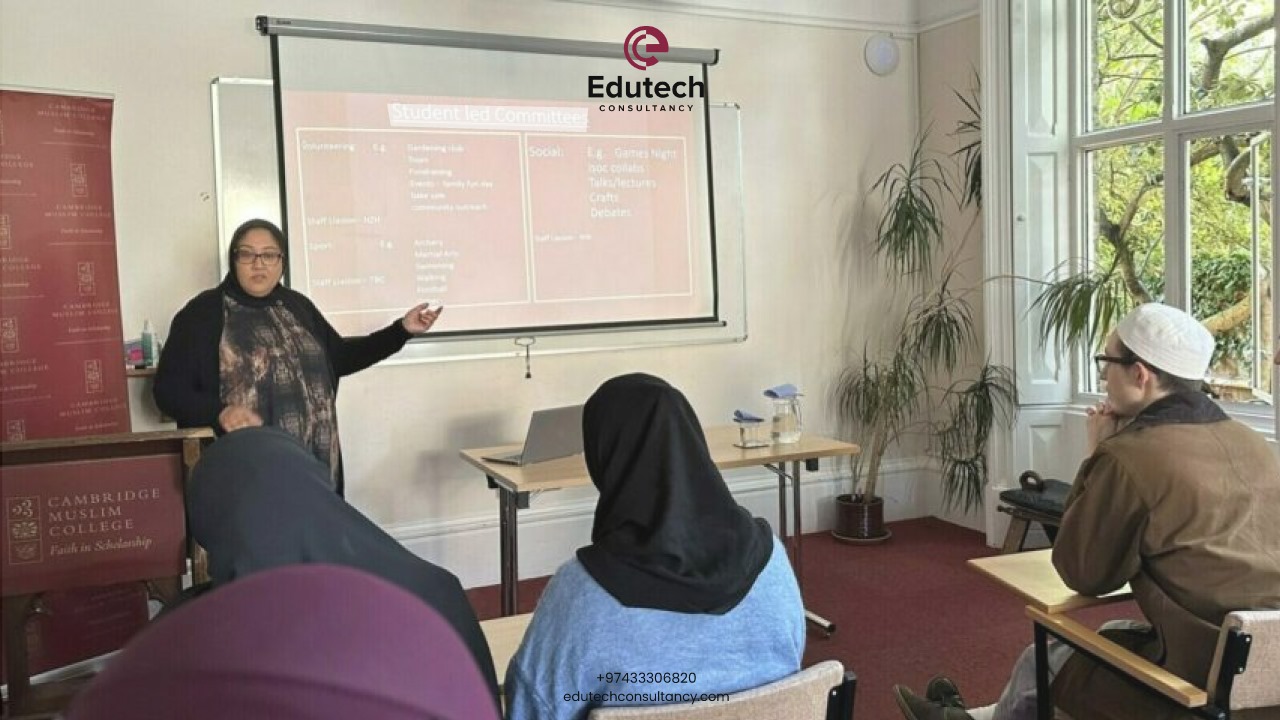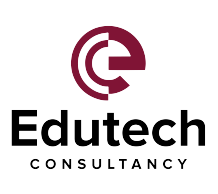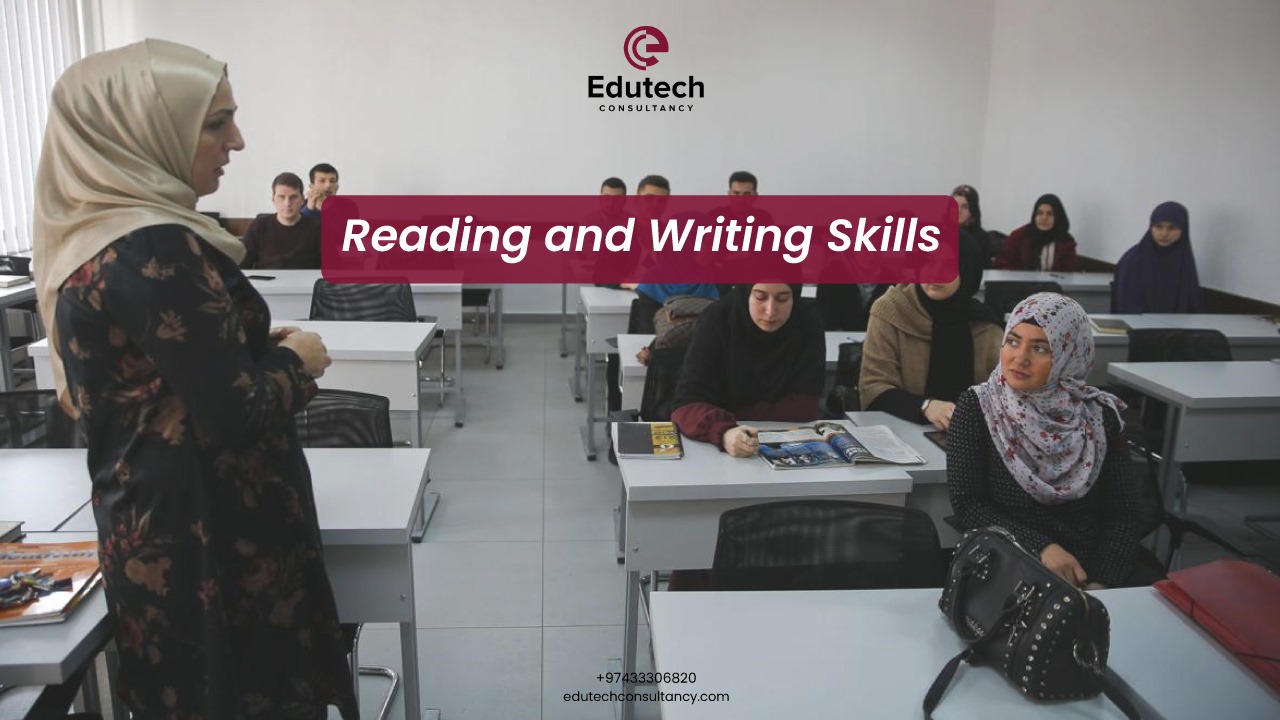Teachers perform an integral part in shaping students’ academic future when it comes to developing their literacy skills and language development i.e. their reading and writing skills. For teachers the course of preparing students for characteristic academic success is rewarding but at the same time full of problems and challenges. This might make the learning process for the students difficult in their reading and writing skills.
As literacy forms the basis for students’ academic success, teachers must recognize, pinpoint, and overcome the challenges in teaching reading and writing.
Today’s article will explore three ultimate challenges teachers face while teaching reading and writing. Only effective solutions can then be applied to help teachers navigate these complex issues with ease and fluency.
Let’s go through these challenges and find quick solutions to the issues with the right tools. That contributes to an overall enhancement in the quality of education and literacy excellence in students.
Different learning needs of students in reading and writing skills
Understanding the different learning needs of each student is an essential challenge teachers face. The reason is, each student has strengths and weaknesses in reading and writing. To overcome this, it is important to employ tailored reading and writing strategies with differentiated instructions. Considering that, they meet each student’s needs, thus promoting a learning environment.
It is also important that teachers must possess a universe of knowledge about the practical approaches for teaching reading and writing skills. to ensure maximum learning and success for students.
Time limitations for teaching reading and writing skills
When we talk about promoting effective reading and writing skills in students, time limitations present as a big challenge for teachers. It is one of the core challenges that teachers often face as they are instructed to provide the planned curriculum within a limited period of time or short class sessions.
This problem becomes doubled when time limitation is mainly considered with the different learning needs of the reading and writing learners in the classroom. Teachers must implement efficient reading and writing strategies that enhance the learning opportunity for students in a limited time period.
Inability to stay updated with the latest methods in teaching
Staying updated with the latest teaching methods is a prominent challenge teachers face in teaching reading and writing skills. The dynamically changing landscape of education requires the employment of the latest literacy strategies. Filling the gap between traditional and modern teaching methods requires staying up-to-date with continuously evolving techniques that help dynamic learning for teachers and students.

How to help teachers overcome challenges in reading and writing skills?
We have a one-stop solution for the above mentioned challenges teachers face in teaching reading and writing skills. Edutech Consultancy’s upcoming workshop on 17th February is all about Effective reading and writing strategies.
Although teaching reading and writing needs flexibility, the associated challenges are often difficult to address. But you can learn effective literacy strategies with an opportunity to address the challenges of different learning needs and time limitations in the classroom, along with a chance for professional development with our Effective Reading and Writing Strategies workshop for teachers.
To enroll in our workshop just click the link below:
FAQs:
1- What do different learning needs of students refer to?
Ans- This means each student’s different strengths and weaknesses in their literacy skills.
2- Some quick tips on how to overcome time limitations when teaching reading and writing skills?
Prioritize important tasks and lessons and focus on them first.
3- Is the workshop learning content current and aligned with the latest methods in teaching?
Yes, Edutech Consultancy makes sure teachers stay informed about the latest trends. We include recent and evolving techniques in our workshop to facilitate dynamic learning experiences for both teachers and students.


